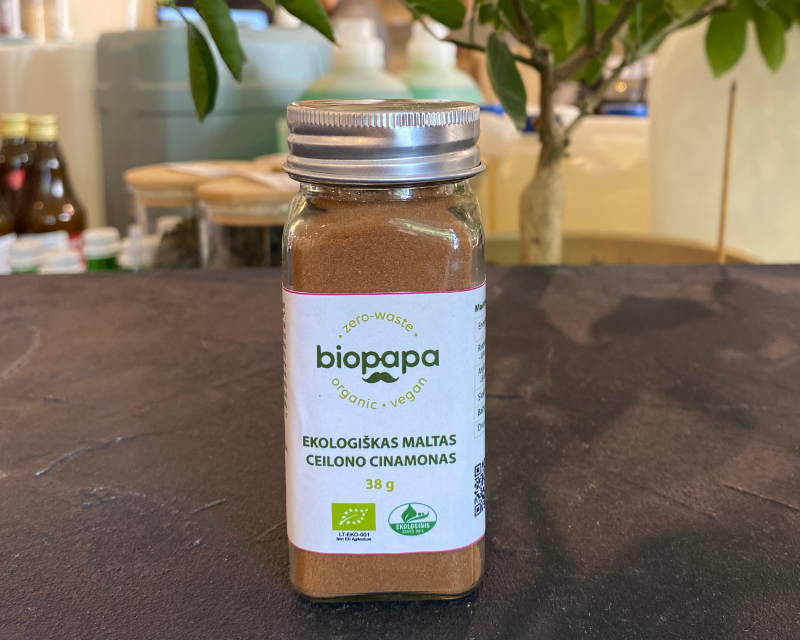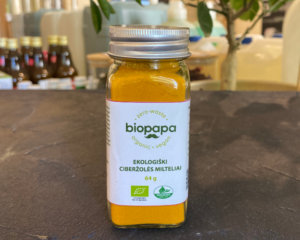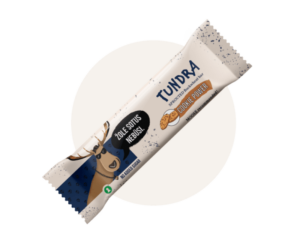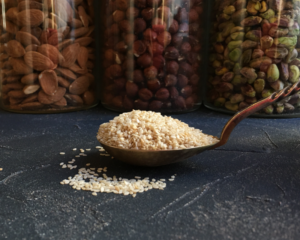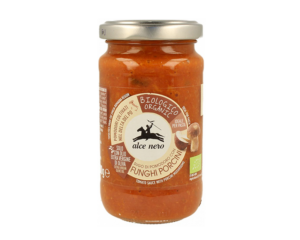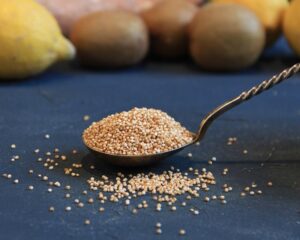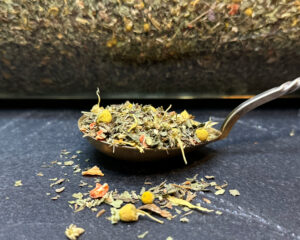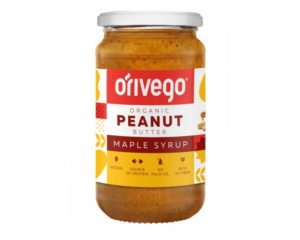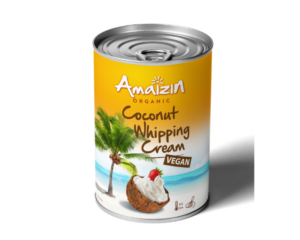Organic ground Ceylon cinnamon 38 g, Biopapa
4.00€
Ground Ceylon cinnamon in a glass jar.
Since ancient times, cinnamon has been valued not only in culinary traditions, but also in natural medicine all over the world. There are two main types of cinnamon, each with its own unique properties and potential health effects: Ceylon cinnamon (Cinnamomum verum) and Cassia cinnamon (Cinnamomum cassia). The main difference between Ceylon and Cassia cinnamon is the coumarin content. Ceylon cinnamon has a significantly lower coumarin content, making it the preferred choice for those with certain health conditions or who wish to consume cinnamon more often. Ceylon cinnamon has a milder and more refined flavour, while Cassia cinnamon has a bolder and spicier taste. Ceylon cinnamon, also known as “true cinnamon”, is native to Sri Lanka and India. It is known for its delicately sweet taste and aroma. Ceylon cinnamon contains less coumarin (a flavouring that accumulates in the spices of cinnamon), which can be toxic to the liver if consumed in large quantities. This is why Ceylon cinnamon is preferred to Cassia cinnamon, which has a higher coumarin content. In Ayurveda and Traditional Chinese Medicine (TCM), Ceylon cinnamon is highly valued for its healing properties. It is thought to support the digestive system, promote respiratory health and help balance blood sugar levels.
Attention! Allergic reactions: although rare, some people may experience allergic reactions to cinnamon, regardless of the variety. Pregnant and breastfeeding women or people taking medication should be cautious when consuming cinnamon.
Uses of Ceylon cinnamon: Pastries: Ceylon cinnamon is an excellent addition to pastries. Use it in cakes, biscuits, muffins and pastries, the cinnamon adds a delicate and aromatic flavour. Cereals: sprinkle a pinch of Ceylon cinnamon on your breakfast porridge or cereal to make your day cosy and delicious. Smoothies: to add a warm and inviting flavour, mix Ceylon Cinnamon into your favourite cocktail recipes. Hot beverages: add a pinch of Ceylon cinnamon to hot beverages such as coffee, tea, hot chocolate or chai masala. Yoghurt: mix Ceylon cinnamon into yoghurt with a little sweetener. Stews: Ceylon cinnamon adds a subtle flavour to savoury dishes such as curries, stews and sauces. Rice dishes: sprinkle Ceylon cinnamon on rice dishes such as biryani or pilaf to enhance the flavour. Fruit salad: mix Ceylon cinnamon with fresh fruit such as apples, pears or mangoes to create a fresh and delicious fruit salad. Desserts: use Ceylon cinnamon in a variety of desserts, including ice creams, puddings and fruit crisps. Enjoy the exceptional aroma and unique taste that Ceylon cinnamon brings to your dishes!
NB! The information provided here should not be interpreted as a recommendation for treatment or other types of health problems. We recommend that you make personal health decisions after evaluating different sources of information.
100% organic cinnamon
Energy value 1005 kJ / 243 kcal
Fats 1 g
- of which saturated fatty acids 0,3 g
Carbohydrates excluding fibre 28 g
- of which sugars 2 g
Fibre 53 g
Protein 4 g
Salt 0,025 g
Store in a cool, dry place, out of direct sunlight.

